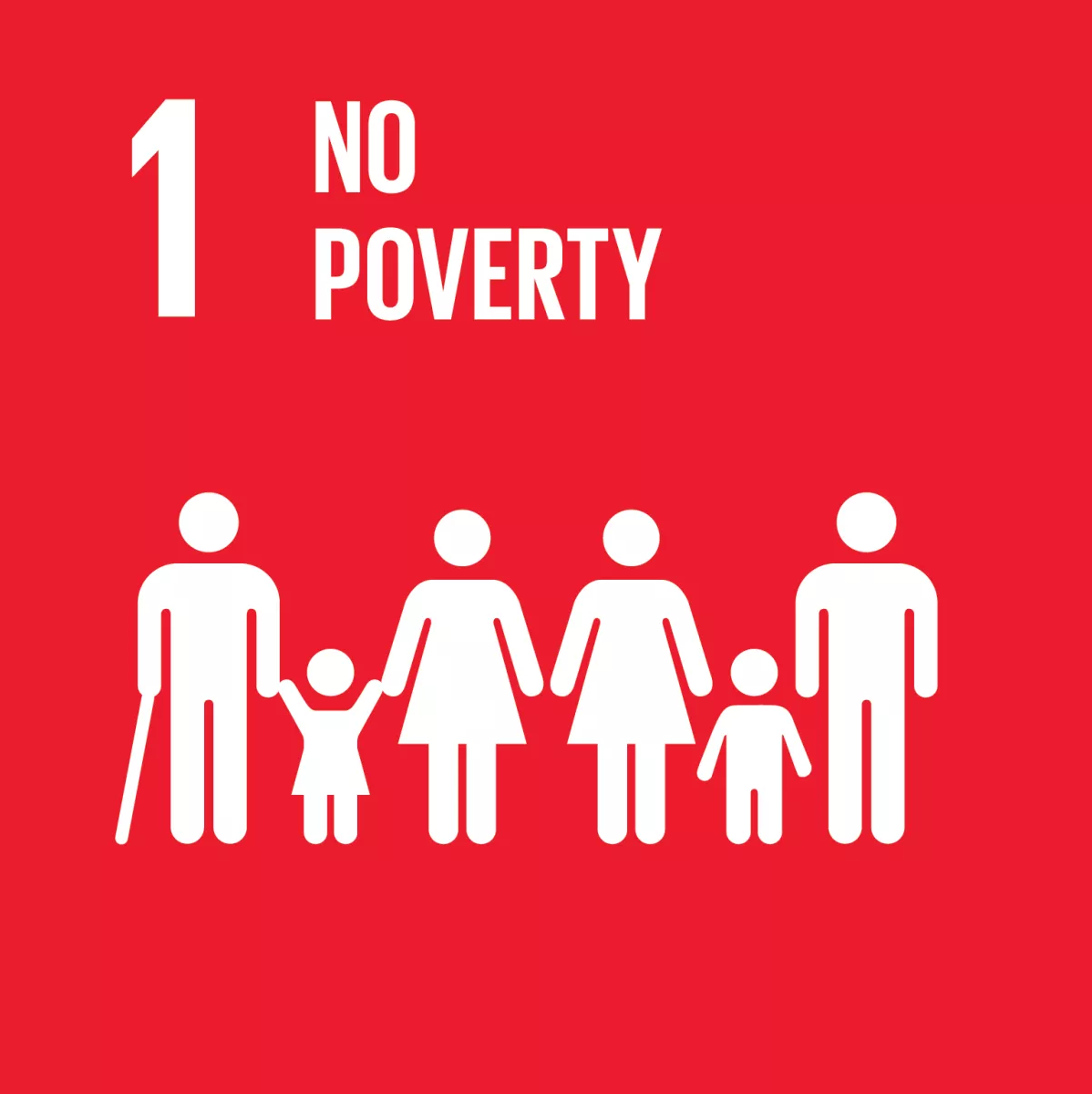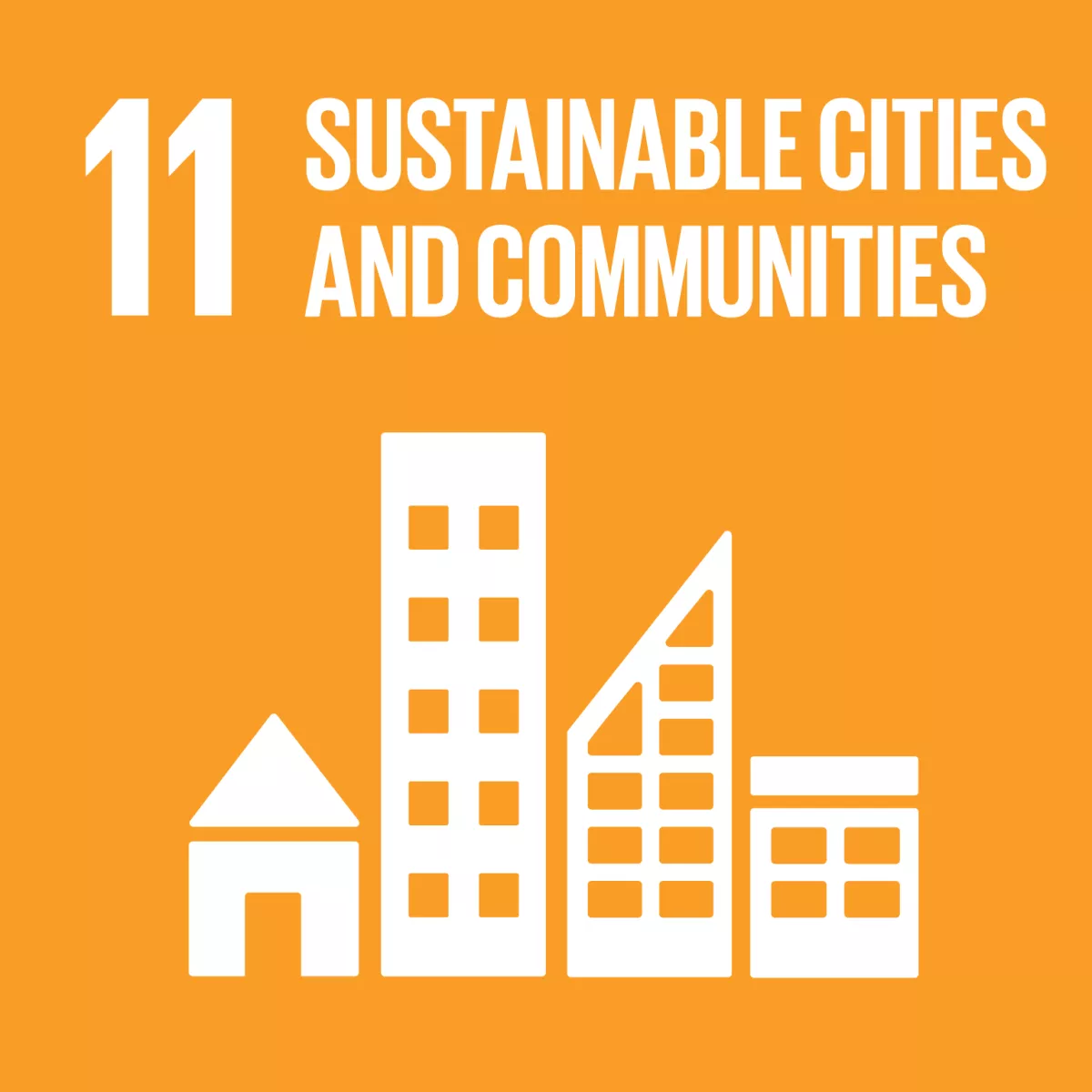Nearly 2.6 billion people have gained access to clean drinking water in the last 25 years worldwide. This is an achievement! However, it still leaves about 884 million people without. Many live in slums all over the world, and are usually not connected to any safe water supply. This is a global challenge, but it is our overall mission, since the UN-Habitat Agenda has recognized water and sanitation as part of the right to an adequate standard of living.
Access to safe drinking water falls under international human rights law! This obligation requires States to ensure everyone’s access to a sufficient amount of safe drinking water for personal and domestic uses, defined as water for drinking, personal sanitation, washing of clothes, food preparation, and personal and household hygiene. This should be considered in all areas of a city, including the informal settlements. In trying to better the living conditions of millions of slum dwellers, supply for facilities for water must be one of the main topics for the PSUP.
Providing clean and safe drinking water falls under these SDGs:
The 2030 Agenda for Sustainable Development is a plan of action for people, planet and prosperity. All countries and stakeholders, acting in collaborative partnership, are starting to implement this plan. The 17 Sustainable Development Goals (SDGs) and 169 targets demonstrate the scale and ambition of this Agenda, which balance the three dimensions of sustainable development: economic, social and environmental.
Water Kiosks in Mtwapa - widows and widowers of Majengo and Mzambarauni, two slum villages on the Kenyan coast, came together and formed groups which operate several water supply points selling affordable drinking water to the residents. The local authorities took part in the process: The Government of Kilifi contracted a regional water company to connect the settlement to the “official” water supply system.




